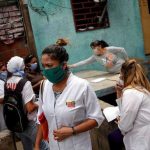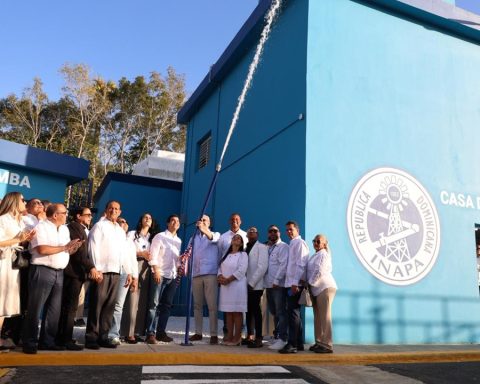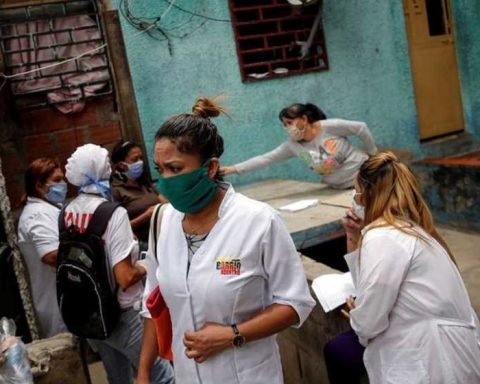Carolina Gomez Mena
Newspaper La Jornada
Friday February 17, 2023, p. 9
One of the main reasons for women to migrate is violence against them, says the study Central American migration: push factors and pull factors of the Guatemalan, Salvadoran and Honduran population from a gender perspective.
The analysis, prepared by the Global Center of Excellence in Gender Statistics of UN Women and El Colegio de la Frontera Norte (Colef), adds that due to its condition of vulnerability, these women are usually susceptible to suffering different forms of violence during their journeys
migratory.
The qualitative fieldwork was carried out in seven Mexican cities, five located near the northern border and two in the south of the country: Tijuana (Baja California), Ciudad Juárez (Chihuahua), Monterrey (Nuevo León), Nuevo Laredo and Matamoros (Tamaulipas), Tapachula (Chiapas) and Tenosique (Tabasco).
It stresses that sexual assaults in the place of origin are intertwined with those experienced during the migratory journey “to create a continuation violence based on gender, which accentuates their conditions of vulnerability throughout the trip”.
The UN has classified Central America as one of the most violent areas, for which reason these displacements are considered to be forced.
A study carried out in Guatemala by Catholic Relief Services shows that, unlike what happened with traditional patterns of migration, in which people moved internally within the country and then abroad, a growing proportion of women and persons under the age of 30 years old (including unaccompanied children and adolescents) tend to flee violence and start their journeys from their places of origin directly abroad.
Women who have been violated in their towns of origin, both in the family context and as part of the crime, face in parallel “different conditions of inequality, such as exclusion and poverty.
In immigration matters, this results in women traveling in an irregular situation, which accentuates the possibilities of facing various dangers, such as the exercise of violence by state, criminal, local actors or even fellow travelers.
For this reason, the study states that it is important to procure justice and create conditions for this population group to have access to a life free of violence and recommends disseminate information on this problem and use the resources of the State and civil society organizations to deal with it
. Likewise, guarantee that migrants have legal accompaniment from public and social instances in spaces of transit and temporary stay.
Besides, One way to help change the conditions that favor or promote violence against children and adolescents is by guaranteeing this population’s access to safe spaces and establishing clear reporting routes and institutional accompaniment in cases of victimization.
.
















